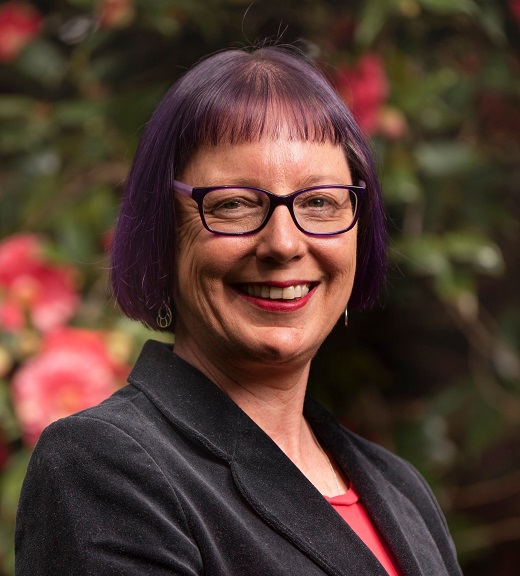The Department of Agriculture, Water and the Environment is introducing hot-desking and employees would book a desk to work in the office. This is known as ‘hotelling’, and just like a hotel room, employees book a space. According to a union survey, employees are opposed to this move.
As increasing numbers of Australian Public Service employees return to their pre-pandemic workplaces, new forms of flexibility are being trialled. Where once the main form of flexibility offered to employees was flexible working hours, the focus has now shifted towards spatial flexibility – or flexibility in location of work. This was a necessity due to the pandemic where many employees were required to work at home and has now become ingrained in how public servants work.

As my colleagues and I have written in a report released last month, some public sector organisations have trialled activity-based working. This is based on discrete areas being set aside for specific activities. For example, workplaces have quiet areas for policy work, break-out areas for more creative and collaborative work, as well as meeting rooms.
Both hot-desking and activity-based working can be advantageous for organisations as it reduces the office footprint and hence cost. Activity-based working can lead to increased productivity and creativity. It also increases the autonomy of employees and recent research shows that increased autonomy is even more important to employees than working from home. There are disadvantages to both activity-based working and hot-desking, however, which includes the potential for staff to become isolated and not work with their teams and disruptions due to noisy workplaces.
Employees also like to have their own desk with their own personal artefacts, which is discouraged with hot-desking. Personal belongings in the workplace can contribute to employee wellbeing. Mind Tools recommends giving people other ways of expressing ‘ownership’ at work. This could include having photo boards where people post personal, hard copy photos.
Some years ago, I visited a public sector workplace where employees had photos of their pets on one of their organisation’s walls. Employees loved this initiative, and while the purpose of the photos was to highlight the importance of work and family balance, this initiative would also work just as well in a hot-desking or hotelling environment.
Where once the main form of flexibility offered to employees was flexible working hours, the focus has now shifted towards spatial flexibility – or flexibility in location of work.
The pandemic has accelerated changes which were occurring pre-pandemic, such as flexible location of work. At the start of the pandemic, some commentators predicted the demise of the office and of CBDs. Both offices and CBDs are here to stay but will change in response to the pandemic. Offices may be repurposed and become more creative and collaborative spaces. Employees will come into the office for teamwork and creativity, but then also work from home as part of their hybrid working arrangement.
Employees and organisations rapidly adjusted to working from home during the pandemic and are now considering what future workplaces might look like. As organisations move towards a Covid-normal environment, it will be crucial that managers bring employees along with new ways of working and that employees apply the same agility as was evident throughout the pandemic.
Sue Williamson is an associate professor at the University of New South Wales.





Leave a Reply